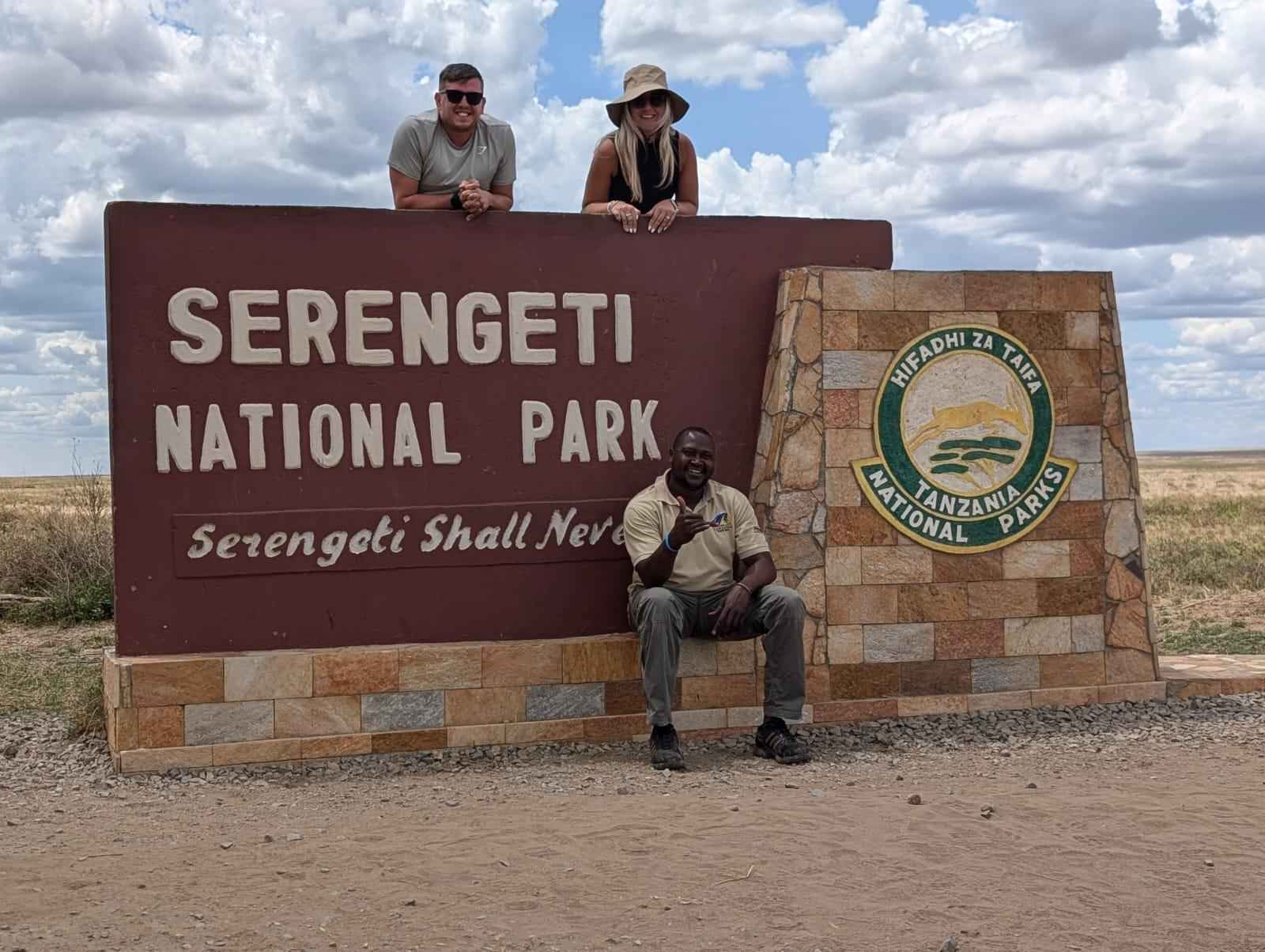
?The slogan “Serengeti Shall Not Die” reflects the importance of preserving the Serengeti ecosystem—one of the most famous and biologically rich regions on Earth. Here are well-detailed reasons why Serengeti should not die, emphasizing its environmental, ecological, cultural, and global significance:
1. Home to the Greatest Wildlife Migration on Earth:
- The Great Migration of over 1.5 million wildebeest, 200,000 zebras, and 300,000 gazelles is one of the most awe-inspiring natural spectacles in the world. This mass movement occurs as animals seek fresh grazing lands across the Serengeti and Maasai Mara ecosystems. The migration is a critical part of the survival of these species, and its loss would lead to a collapse in predator-prey dynamics and biodiversity. The disappearance of the Serengeti would end this iconic natural event that has captivated scientists, conservationists, and tourists for decades.
2. A Global Biodiversity Hotspot:
- The Serengeti National Park is one of the most biodiverse places on Earth, home to around 70 large mammal species and more than 500 bird species. These include some of Africa’s most iconic species like lions, leopards, elephants, cheetahs, giraffes, and rhinos. The preservation of such diverse wildlife is crucial for maintaining the health of global biodiversity. The extinction or reduction of species in the Serengeti would have ripple effects across other ecosystems due to interconnected food webs and migration corridors.
3. Ecological Balance and Carbon Sequestration:
- The Serengeti’s grasslands and forests play a critical role in carbon sequestration, helping to mitigate the effects of global climate change. Grasslands store carbon in their soil, and the natural grazing patterns of herbivores prevent overgrowth, maintaining a balanced ecosystem. Destruction of the Serengeti could lead to habitat loss, desertification, and the release of stored carbon, worsening global warming. Keeping the Serengeti intact ensures the continued health of one of Africa's key natural carbon sinks.
4. Cultural Heritage and Livelihoods of Indigenous Communities:
- The Maasai, Hadza, and other indigenous groups have lived in harmony with the Serengeti for centuries, relying on the land for grazing, hunting, and cultural practices. Their way of life is deeply intertwined with the land, and the loss of the Serengeti would mean the loss of their cultural heritage. Sustainable coexistence between wildlife conservation and indigenous lifestyles is vital, as it ensures both human and environmental survival. The destruction of the ecosystem would lead to displacement of these communities and the erosion of traditional knowledge that has been key to the region’s ecological stability.
5. Economic Benefits from Sustainable Tourism:
- Eco-tourism in the Serengeti generates significant revenue for Tanzania, providing jobs for thousands of people and funding for conservation efforts. The Serengeti draws hundreds of thousands of visitors annually who contribute to local economies through safaris, park fees, and accommodations. This economic model is largely sustainable, benefiting both the environment and local communities. If the Serengeti were to be degraded or destroyed, Tanzania would lose a vital source of income and job creation, leading to economic hardship for people dependent on tourism.
6. Critical Role in Predatory and Prey Population Dynamics:
- The Serengeti supports complex predator-prey relationships, particularly between large carnivores like lions, hyenas, cheetahs, and leopards and herbivores such as wildebeests, zebras, and antelopes. This balance keeps both predator and prey populations healthy and in check. Without these interactions, there could be an overpopulation of herbivores leading to overgrazing, or a collapse in predator populations, which would drastically alter the Serengeti’s ecosystem. Maintaining this balance is essential for the health of the park's food chains.
7. Scientific Research and Conservation Studies:
- The Serengeti has been a hub for ecological and biological research for decades. Studies on animal behavior, migration patterns, predator-prey interactions, and disease ecology have been carried out here, contributing to global understanding of natural processes. One of the most famous long-term research projects is the study of lions and hyenas in the Serengeti, which has provided insights into social structures, hunting strategies, and conservation needs. If the Serengeti dies, this critical research platform would be lost, limiting scientific progress in understanding ecosystems and global conservation strategies.
8. Water Resources and Ecosystem Services:
- The Serengeti-Mara ecosystem acts as a natural water catchment area. It supports the Mara River, which is essential for the survival of wildlife during the dry season, and also serves agricultural and domestic needs of communities living downstream in Kenya and Tanzania. Degradation of the Serengeti could disrupt water supplies, leading to water shortages for both humans and animals. The ecosystem provides essential services such as water filtration, soil formation, and nutrient cycling, all of which would be compromised if the ecosystem were lost.
9. Endangered Species Protection:
- The Serengeti is home to several endangered and vulnerable species such as the black rhinoceros, African wild dog, and cheetah. These species rely on the vast protected areas of the Serengeti to roam, breed, and hunt. Conservation programs aimed at protecting these species are active within the Serengeti, and without its protection, the survival of these species could be in jeopardy. Losing the Serengeti would mean losing one of the most important sanctuaries for species facing extinction.
10. A Symbol of Conservation Success:
- Serengeti National Park has long been a symbol of successful conservation efforts. From early wildlife protection policies in the 1950s to current anti-poaching initiatives, the park has been a global example of how dedicated conservation can lead to the preservation of ecosystems. "Serengeti Shall Not Die" is not just a slogan but a rallying cry for the continued fight against poaching, illegal development, and environmental degradation. The Serengeti’s survival symbolizes hope for global conservation and biodiversity preservation.
#Safari56Tours #SerengetiNationalPark #GreatMigration #WildlifeConservation #SafariAdventures
GET IN TOUCH WITH US FOR SAFARI BOOKING:tours@safari56.co.tz / 255 683 833 513



